I believe it was around middle school when I first heard the term of someone being “canceled.”Having no idea what this meant, I remember curiously looking this phrase up on the internet. However, when the results popped up…I was extremely shocked and discouraged by what I saw.
In case you didn’t know, “cancel culture” is when people respond to someone’s mistakes or offensives with public backlash that is rooted in hate. Throughout the years, many people have been canceled due to racist remarks, having criminal records, or doing anything in general that someone finds offensive. When following these “cancel culture” norms, it doesn’t matter to people if someone has made mistakes like these 10 years back in their past, or just recently in their life. Either way, many today are quick to tear one down and call out all of somebody’s wrongdoings.
Because of this hateful trend, many people’s lives have been ruined. Many of those who have been canceled have lost their careers and been robbed of any future opportunities. It has also been proven that some of those who have been canceled suffer from anxiety and depression as they feel rejected by everyone in the world.
Not only is “cancel culture” seen online, but it is also slowly creeping into our daily lives with those around us. I couldn’t tell you how many times I have seen students cut off their “friends” in a heartbeat just because they’ve made a mistake or said something wrong. Nor could I tell you the amount of things that I’ve seen online of people boldly publicly shaming others.
Now, by no means do I agree with people saying racial slurs or making completely insensitive comments. However, just because someone does… doesn’t mean it is up for me to immediately bash and hate them for doing so. Canceling someone only causes an empty, endless, and cruel cycle of hate that comes from unforgiveness and pride.
The ultimate reality is that “cancel culture” in itself is ineffective and hypocritical. Instead of helping others see their errors in a humble and non-hostile way, we instead submit to calling others out with no mercy. Canceling people doesn’t do anything other than ties someone down in their mistakes, making them feel like they have to identify with their failures in the past. It also doesn’t bring much change, as some of those who are canceled voice out their apologies, yet still are not forgiven. Why is this the case? Do people forget the truth that all of us have fallen short and no one is perfect?
The most reasonable way to break away from this ongoing trend is to do something simple, yet hard at the same time. It’s to forgive. Showing grace to someone who has wronged you (or grace to a celebrity you’ve never met online) will free you from the corruption of bitterness.
Although our culture seems to have stiff-armed this action, it is the only thing that can really help us grow as a nation. Throughout my life I’ve come to realize it doesn’t matter what one does, says, how badly they’ve treated me, and if they continue to do it again… I choose to forgive them anyway. I have graciously been forgiven, so why shouldn’t I forgive others? I understand that this is definitely a process and could be a big obstacle. Choosing forgiveness is worth it though, as forgiveness expresses the love and truth our world needs.
All in all, forgiving one another is indeed a choice at the end of the day. However, the next time you may think of canceling someone or jumping on them immediately, I encourage everyone to consider the wise words Jesus gave to Peter when he asked Him this question: “Lord, how often should I forgive someone who sins against me? Seven times?” “No, not seven times,” Jesus replied, “but seventy times seven!” (Matthew 18:21-22)
So, choose love. Choose grace. Choose forgiveness.

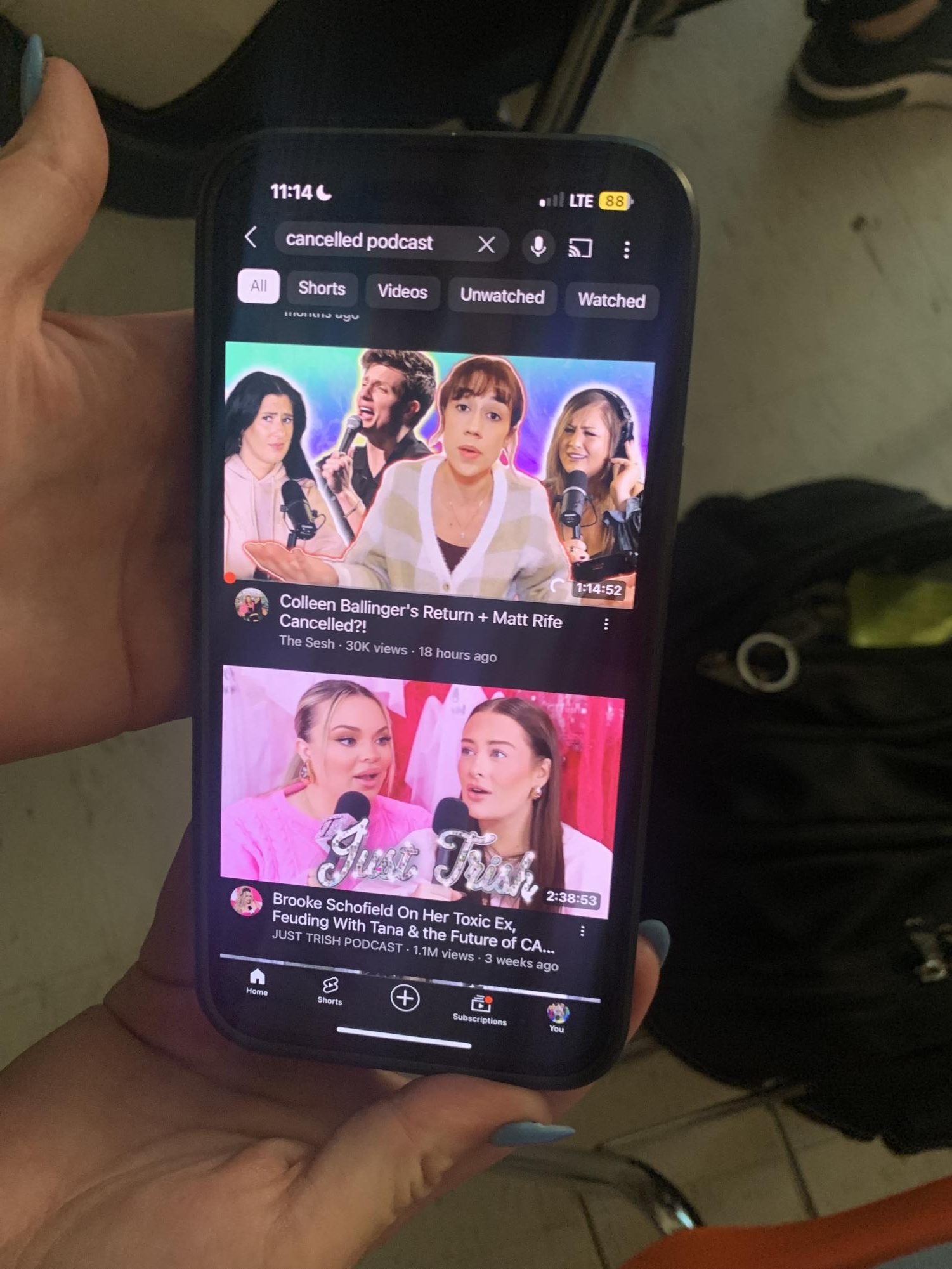




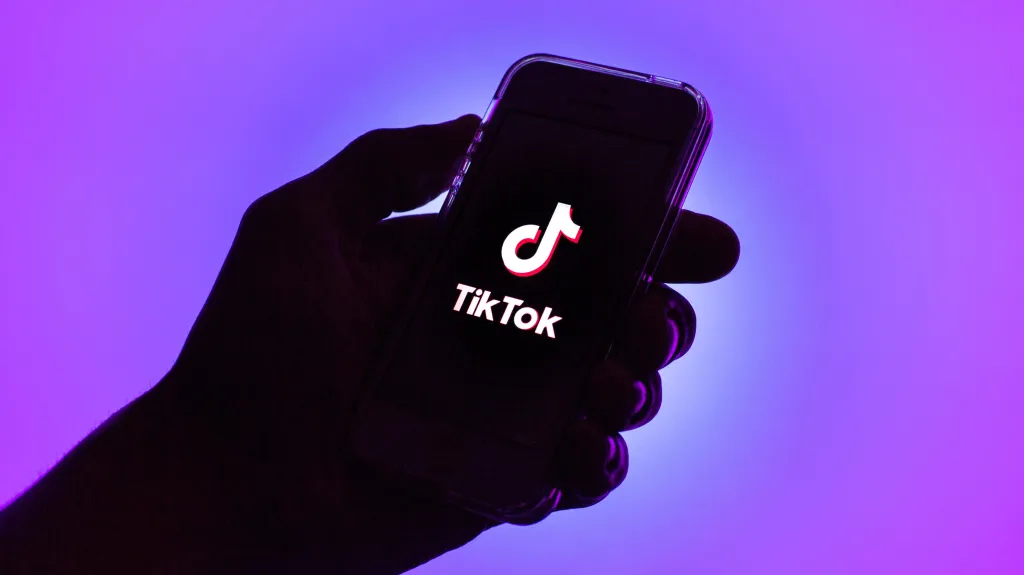


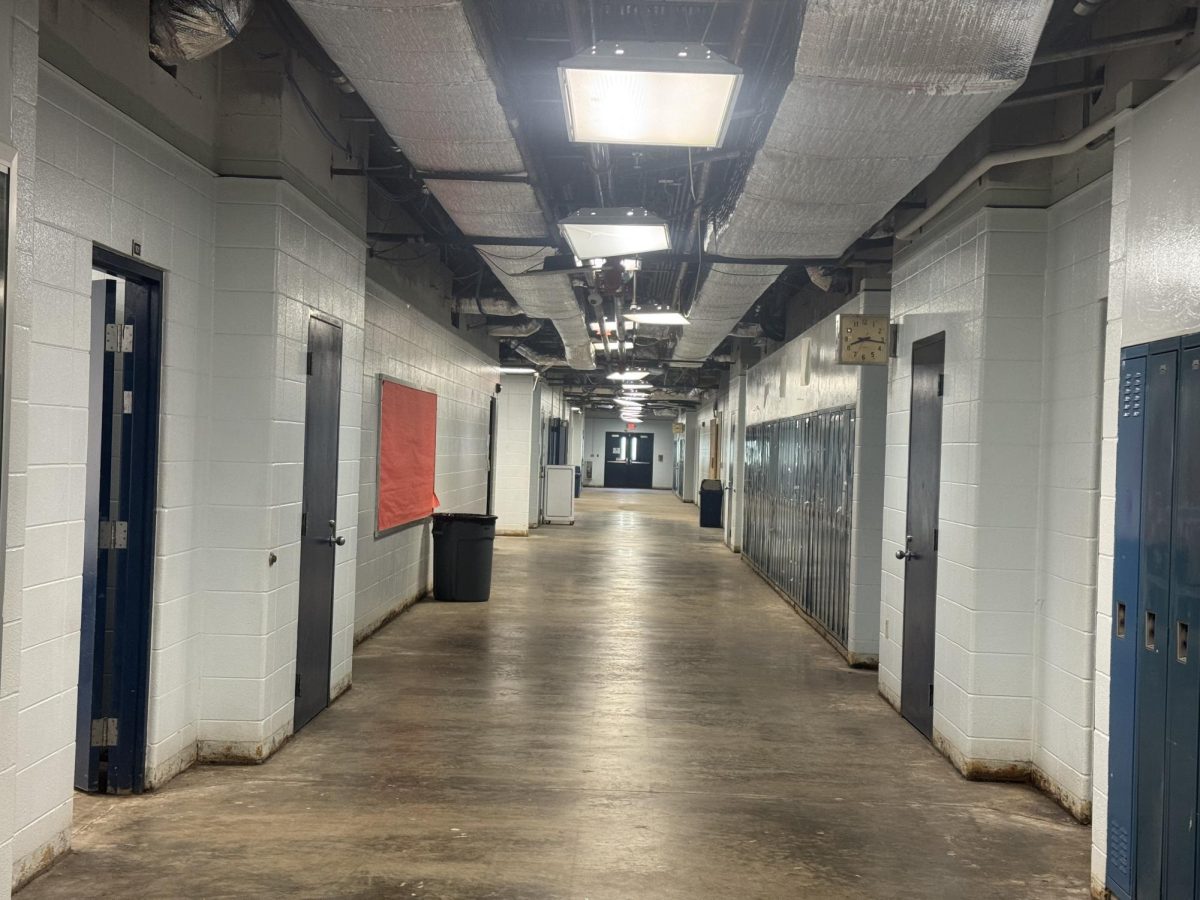

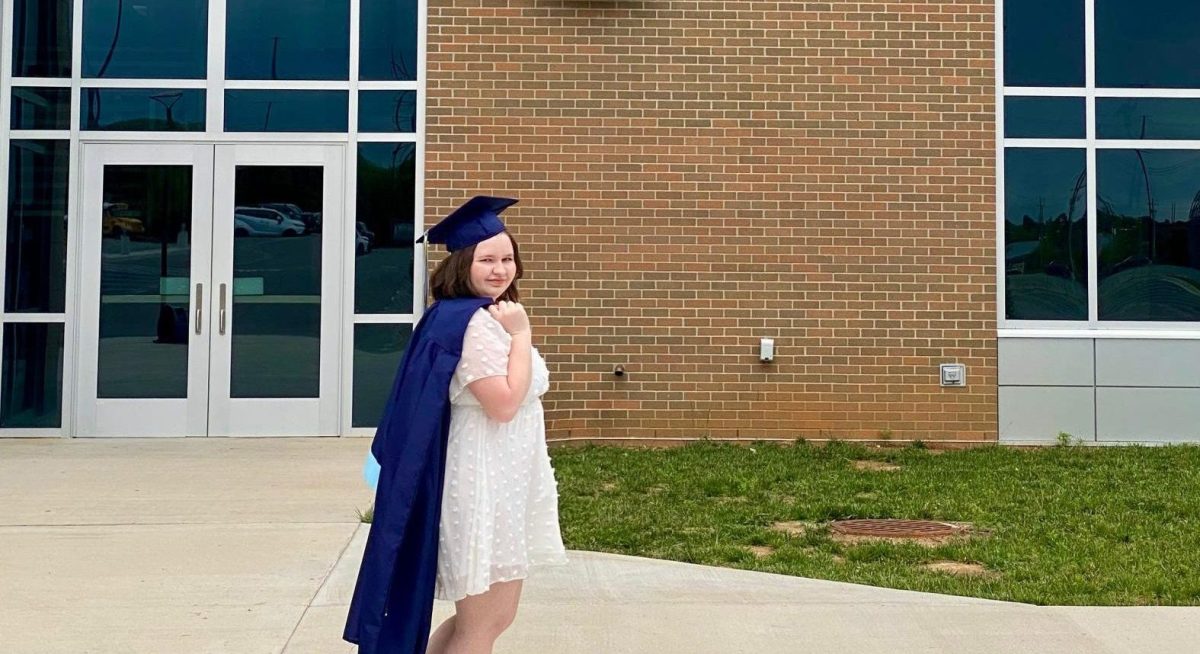




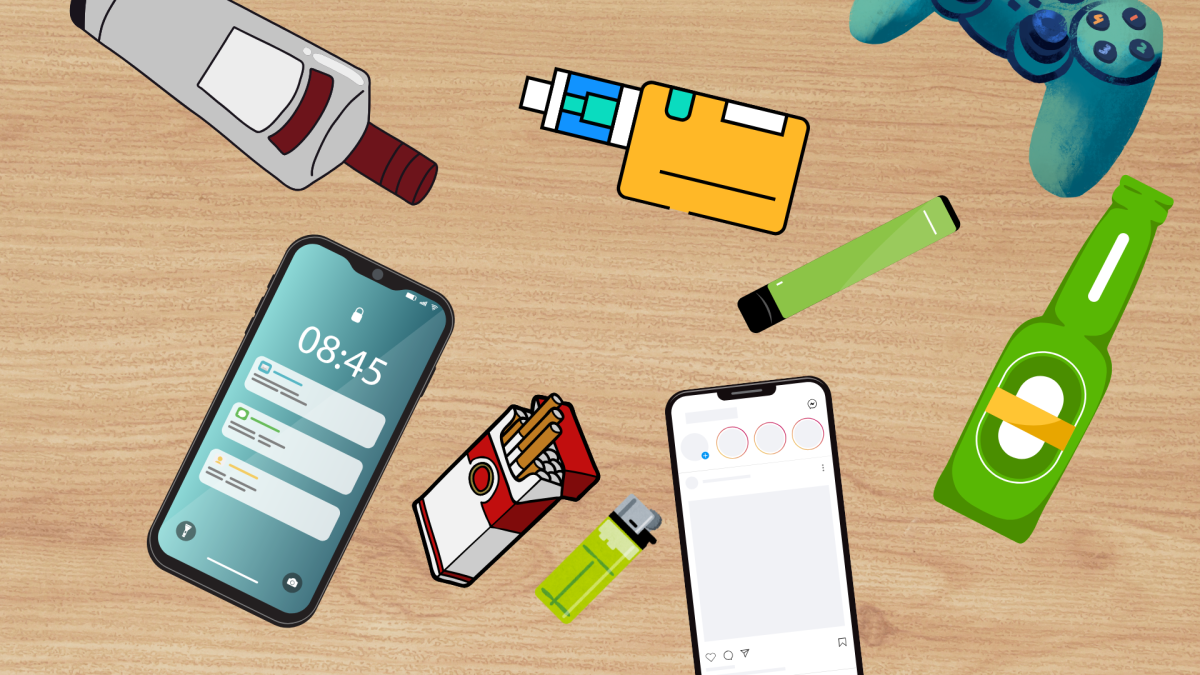

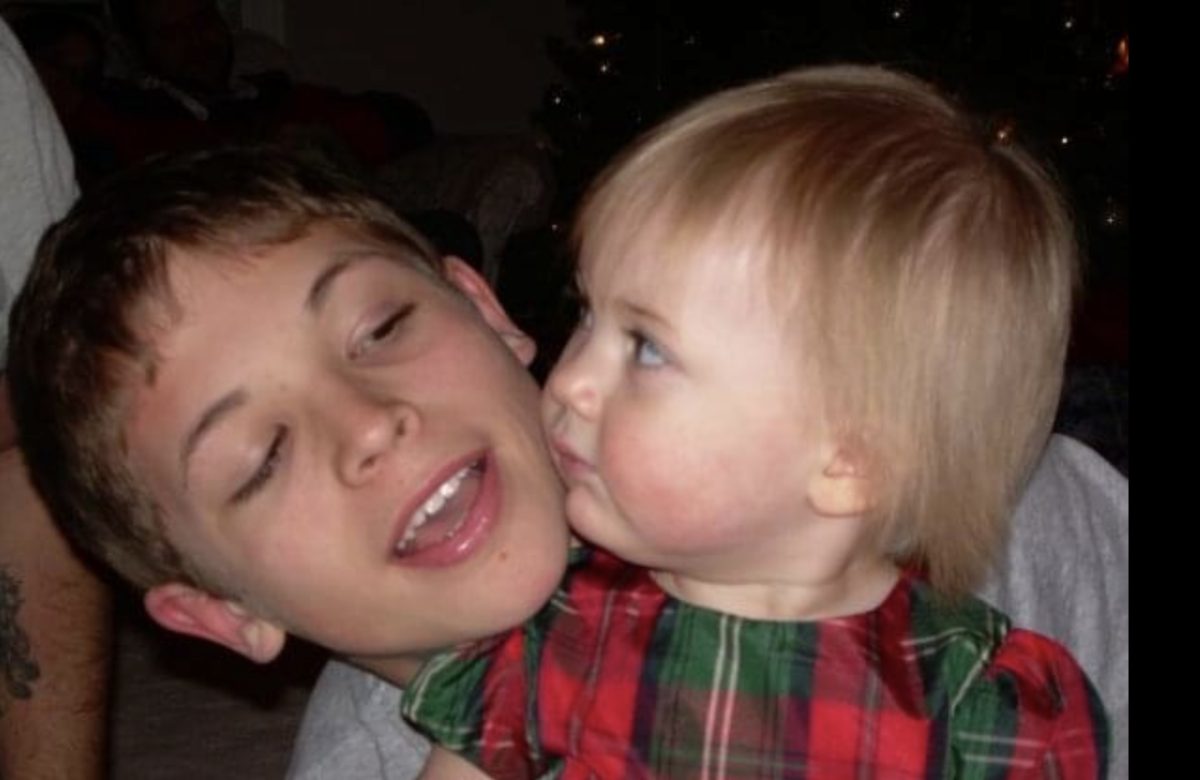
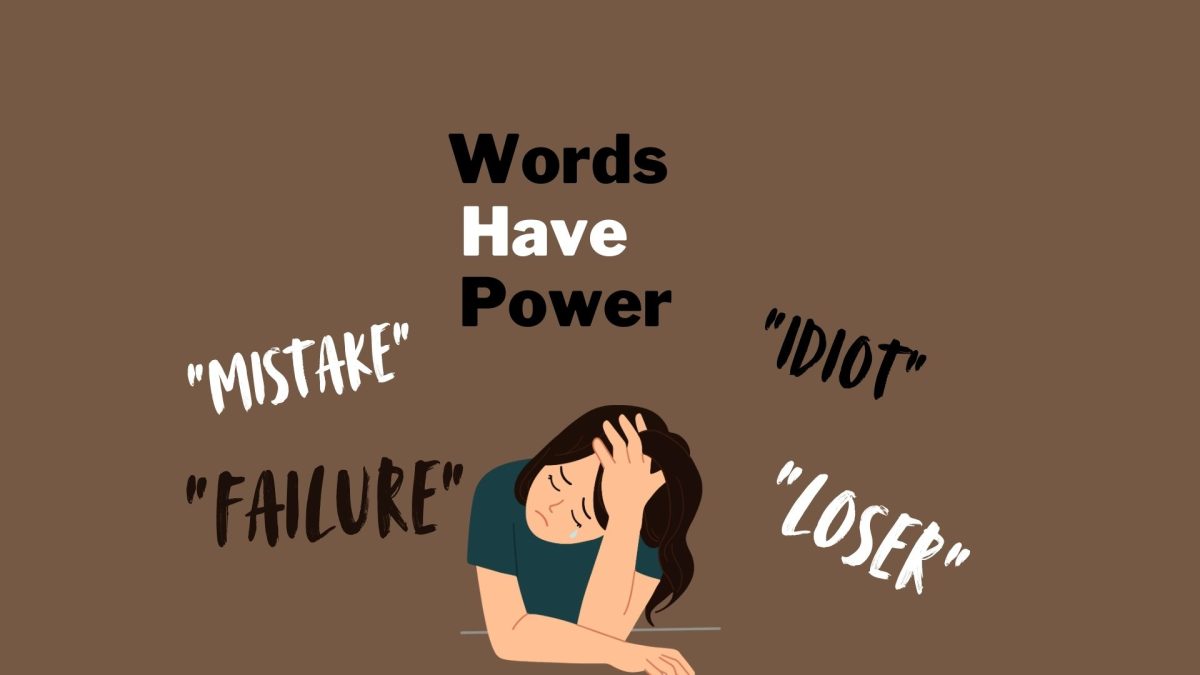

Brooke • Dec 2, 2023 at 8:46 pm
Such amazing insight from a young lady. It’s so encouraging to know young kids are seeking the gospel to be more Christ like. Keep shining that light and allowing Christ to use you as a vessel.
Liliana Williams • Jan 10, 2024 at 10:44 pm
Thank you for the lovely comment! Yes, that’s something I have to continually strive towards!
Alex Hernandez • Dec 2, 2023 at 2:52 pm
Such a great read! It’s so encouraging to see positivity being spread rather than the negativity we are accustomed to seeing online.
Liliana Williams • Jan 10, 2024 at 10:44 pm
So glad you enjoyed reading!
T’Challa • Dec 2, 2023 at 9:06 am
Excellent article and advice on a challenging issue that we will face no matter where we are in our lives.
Great job Lily!
Liliana Williams • Jan 10, 2024 at 10:41 pm
Thank you so much!
Olivia Newton • Dec 1, 2023 at 9:48 am
I love this article! It is a good reminder that we should forgive others because we were first forgiven. I was very encouraged to read this, thank you!
Liliana Williams • Dec 1, 2023 at 11:10 am
I’m so glad you enjoyed reading this! Thank you for your feedback 🙂